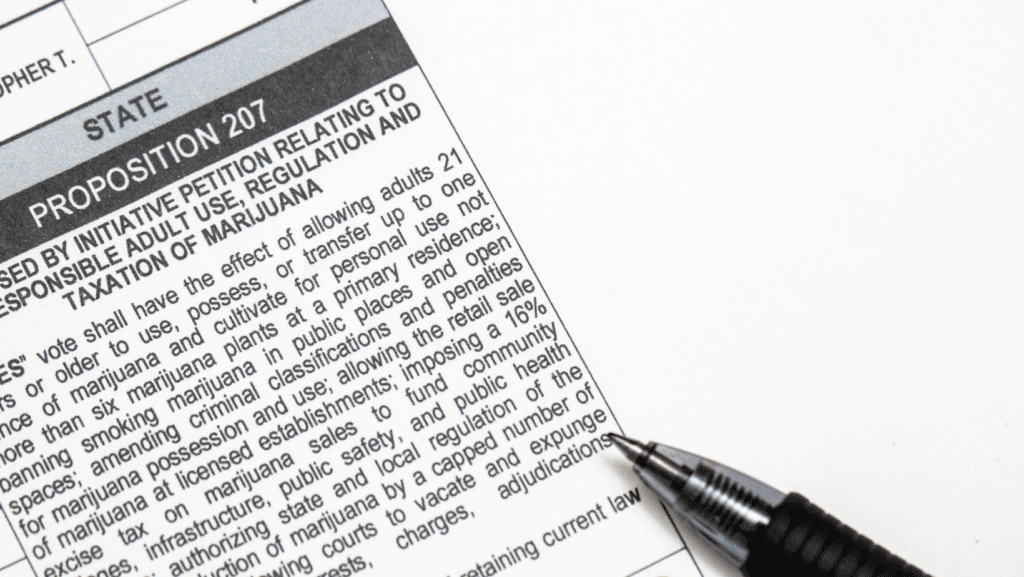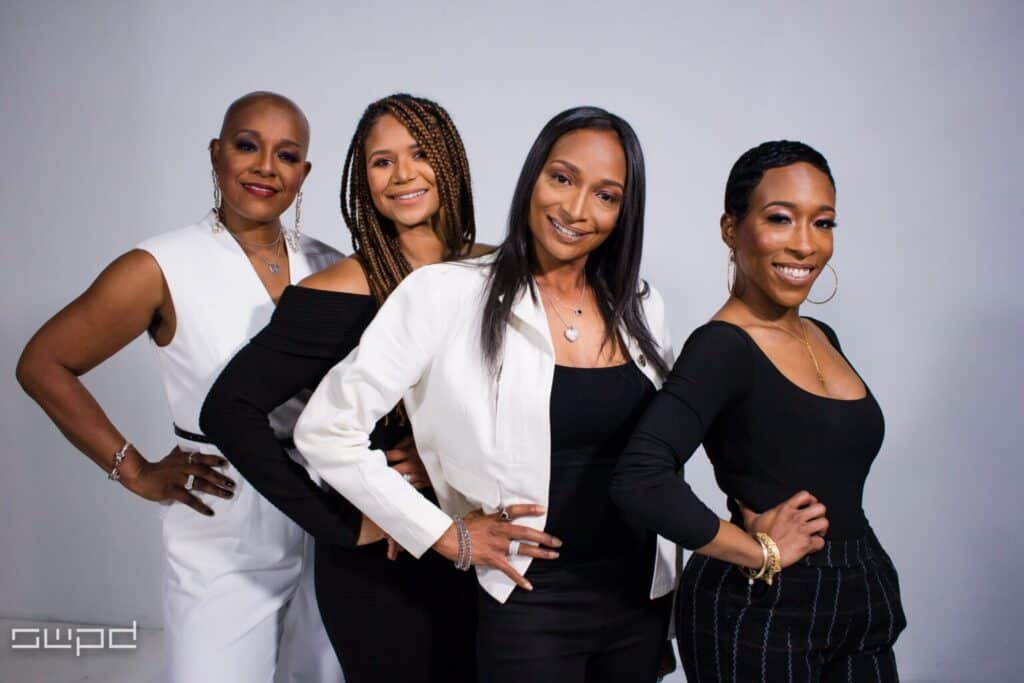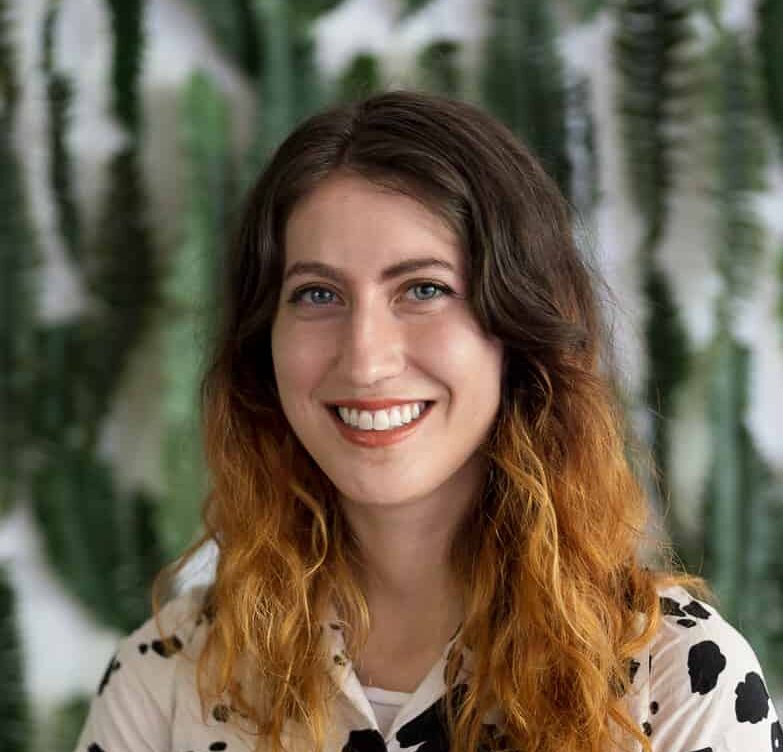Arizona has a social equity problem. More accurately, the Arizona Department of Health Services (AZDHS) is allowing rampant corrupt practices to infiltrate the already-small social equity opportunities in the state, according to activists. The state legalized adult use in November of 2020 and began sales the following January, but the rollout has been far from smooth.
I spoke with Blake Humphrey and Celeste Rodriguez, two activists from Acre 41, a group advocating for a true social equity program in Arizona. They told me that the state currently has over 150 licensed cannabis companies. The AZDHS released 26 more licenses for social equity applicants, and those 26 are the final available licenses in the state – and highly sought after by more than just social equity applicants. “Twenty-six is a sad number after all the years of being affected by the War on Drugs and overpolicing,” said Celeste Rodriguez.
“They are not awarding licenses so that we have a chance to establish generational wealth in our communities,” said Humphrey. “This is very hurtful for us because of what we’ve had to go through. I have had family members in prison for the exact same thing people are making billions of dollars off of.”
The low number is disappointing, but it’s not exactly the source of the problem. The bigger issue comes from loopholes that allow otherwise unqualified people to team up with a social-equity qualified applicant and dump them as soon as the paperwork is done.
“You can own a license today and you can sell it the next minute after getting it,” said Rodriguez. This loophole has led some entrepreneurs who see nothing but dollar signs to go after potential social equity applicants. hey try to get qualified applicants to sign predatory agreements in order to get access to the license, and then they convince them to hand it over for some money and free weed. The advocates say they watched as 51% of applications for the 26 licenses were placed by existing dispensary owners, with one company submitting over 300 applications for a single license.
“At the end of the day, it’s not a true social equity program. It’s 26 golden tickets for multistate operators or someone who already has the money.”
Rodriguez explained that she knows someone in a disproportionately impacted area who almost had to call the police because they were being harassed, and another person whose husband had to go outside with a gun to get a company seeking her signature to leave their family alone.
“The company sent flyers in the mail to all disproportionately impacted areas and then went door to door. Another dispensary owner went to the homeless center and recruited social equity applicants from there,” she said.
Acre 41 and the Greater Phoenix Urban League aren’t going to sit around while social equity licenses are put in the wrong hands. They filed a lawsuit against the state of Arizona in November, but it was dismissed this February, a disappointing setback for the organization that just wants to see licenses go into the hands of people who deserve them. The court dismissed the case saying that the initiative “does not require DHS to do any more than what it has done in the release of the final rules.”
While the court’s ruling is a big setback for the group’s efforts, they aren’t planning to stop the fight.
“These licenses are so important to DIA’s, we need to continue to fight. We want what we were promised; nothing more, nothing less. Since the court will not accept the challenge to the program as a whole, the focus will now shift to specific applicants who are adversely impacted if the lottery is permitted to be held with the current application pool,” Rodriguez said in a statement following the dismissal.






